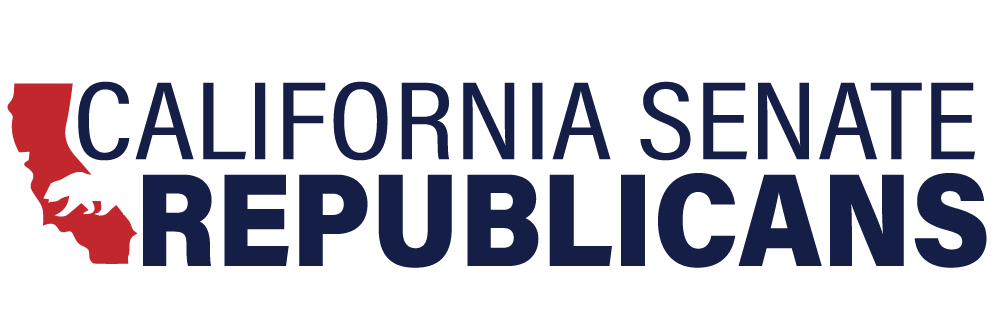As Governor Newsom gives his State of the State speech this morning on healthcare, California Senate Republicans are demanding action to save the state’s hospital system which is in imminent crisis and has the potential to impact millions of Californians’ access to healthcare. Years of underfunded Medi-Cal reimbursements have resulted in hospitals throughout the state not being able to pay their bills, putting them on the brink of collapse.
“This is a self-inflicted crisis of epic proportions that is putting lives on the line,” said Senate Minority Leader Brian W. Jones (R-San Diego). “While Newsom makes a stop on his statewide tour to talk about healthcare, he’s missing the mark – there are families currently without access to emergency services and millions more who may be at-risk if the governor does not act quickly.”
An unfortunate example of the hospital collapse crisis is the sad saga of Madera Community Hospital@ (MCH). Because of financial distress, lack of financial support from the state, and Attorney General Bonta preventing a merger purely for political reasons, MCH was forced to close its doors in December 2022. Adding further to families’ frustration and anguish, two patients who otherwise could have received life-saving treatment at MCH died during ambulance transportation to the nearest emergency room located in Fresno County, which is more than 20 miles away.
Communities throughout California are at risk of losing access to healthcare services, just like we saw in Madera, including; Visalia, Placerville, Porterville, Hollister, Bakersfield, Montebello, Humboldt County, all of Imperial County, and pockets of Los Angeles. Without immediate action from the state, millions of Californians are at risk of losing access to hospitals and emergency care.
Failing to keep pace with rising healthcare costs associated with inflation, COVID-19 emergency care, and other unfunded mandates, have further squeezed California’s hospitals to the breaking point, resulting in over $12 billion in losses for our hospitals during the pandemic alone.
“While I appreciate the governor’s passion and creativity to address rising healthcare and prescription drug costs, the priority right now should be saving the healthcare system we currently have. Without immediate action, millions of Californians won’t have access to doctors, nurses, and hospital services. Californians should not have to worry about having access to life-saving care in the event of an emergency. We need our governor to pay attention to major gaps in our healthcare system. Despite repeated warnings from California Republican lawmakers to address systemic underfunding of Medi-Cal reimbursements, we are racing toward an unavoidable crisis while our governor seems unfocused and has his priorities out of order,” concluded Leader Jones.
"Rural families need more access to healthcare and lifesaving measures, not less,” said Senator Brian Dahle (R-Bieber). “If healthcare is an important enough topic for the governor to plan a tour stop, he can surely take action to prevent millions from losing these services."
This is an issue that we cannot afford to continue without a resolution.” In a letter to the Senate Budget Committee, requesting a one-time relief package of $1.5 billion, a bipartisan group of Senators said:
“As California has expanded the number of Medi-Cal enrollees, reimbursement for their care has not kept pace. California pays just 74 cents for each dollar it costs to care for Medi-Cal patients, a rate that has not been adjusted in over a decade. Medi-Cal underfunding has created a two-tiered system of care that is exacerbating health care inequities.”
According to the California Hospital Association, since 2012, Medi-Cal rates have been frozen – creating a two-tiered system for health care in California that places a greater burden on working families, and a $46 billion shortfall for Medi-Cal hospital services compared to expenses from 2010-2020.
